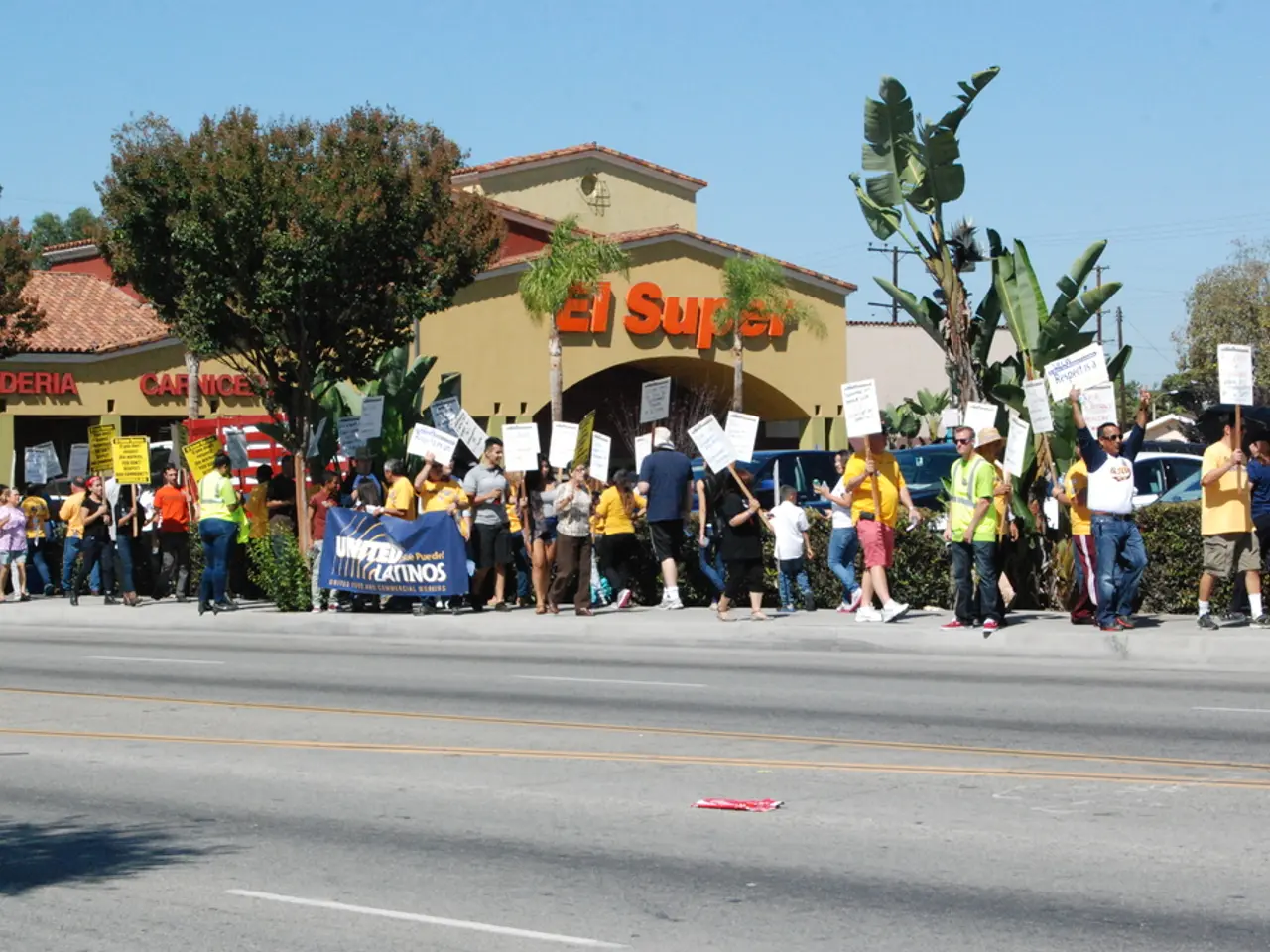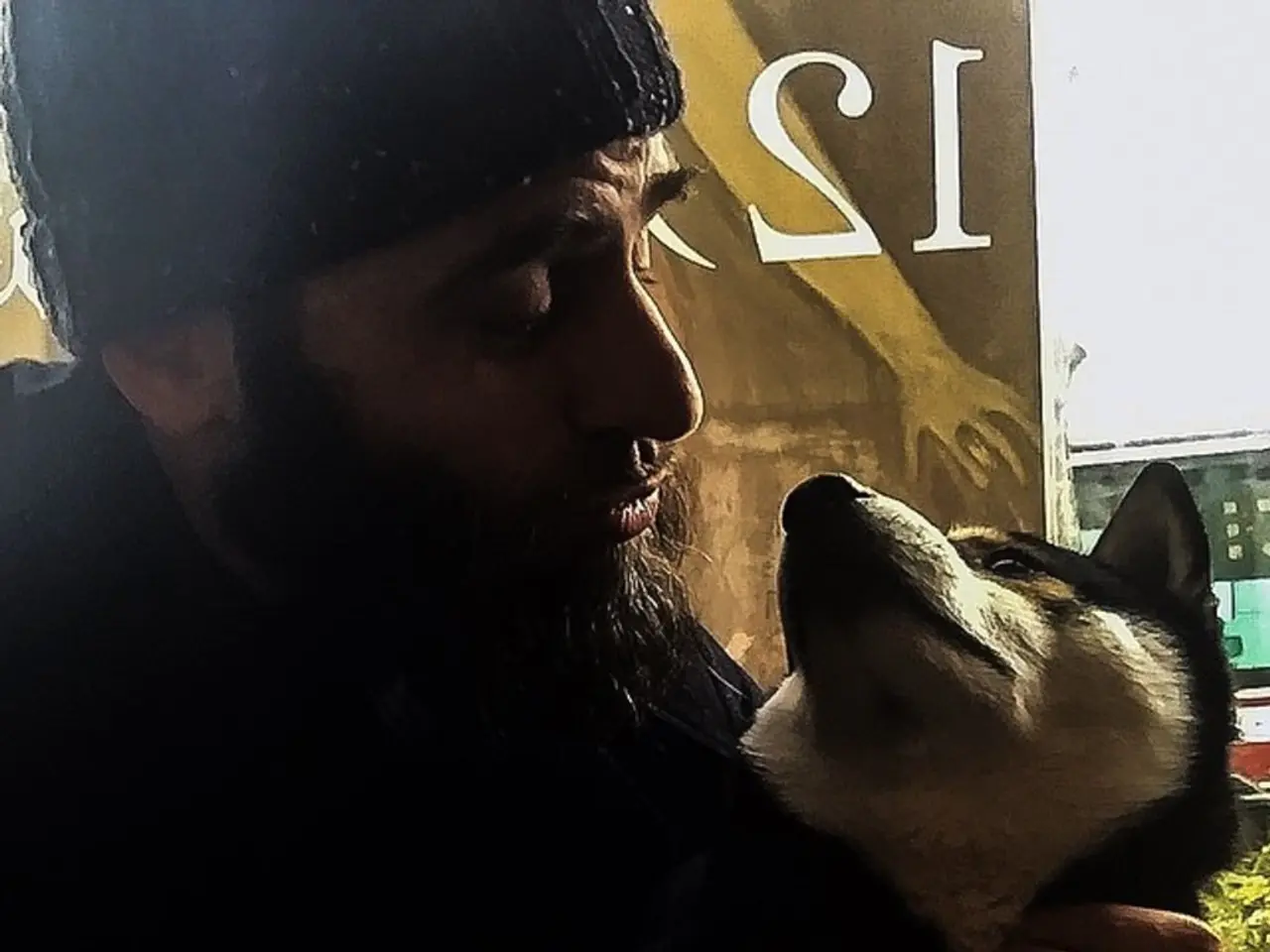Potential vulnerabilities in privacy during discussions, as suggested by CEO Sam Altman
===================================================================
In the digital age, artificial intelligence (AI) chatbots like ChatGPT are becoming increasingly popular, with many people using them for personal advice and therapeutic-style conversations. However, a significant gap exists when it comes to the privacy and confidentiality of these interactions.
Sam Altman, CEO of OpenAI, has expressed concern about this issue, stating that there is currently no legal framework that protects the privacy of conversations with AI chatbots in a manner comparable to the professional secrecy that shields conversations between therapists, doctors, or lawyers and their clients.
This lack of legal protections means that sensitive or personal data shared with AI chatbots could be subject to disclosure in court or legal proceedings. OpenAI, the company behind ChatGPT, can access, store, or be compelled by law enforcement or courts to hand over conversation logs.
According to Altman, this issue is particularly concerning given the increasing use of ChatGPT for personal advice and therapeutic-style conversations, with many younger individuals engaging in such interactions without realizing the lack of legal privacy protections.
Recently, The New York Times and other plaintiffs filed a motion in a lawsuit demanding that OpenAI permanently store all ChatGPT user data, including deleted chats. OpenAI is currently appealing this order, which is part of a larger copyright lawsuit.
In light of these concerns, Altman has called for the development of a similar concept of privacy for conversations with AI. He has urged that the issue should be approached with a certain urgency, comparing it to medical confidentiality, attorney-client privilege, and conversations with therapists.
Altman has also explained that conversations with ChatGPT may not remain private in the event of a lawsuit against OpenAI. He stated that if there's a lawsuit or similar situation, they might be forced to hand over ChatGPT conversations about sensitive topics.
It's worth noting that most deleted ChatGPT conversations are permanently deleted after 30 days. However, this can be overridden if the company is legally or security-wise required to retain them.
As AI chatbots continue to become more integrated into our lives, the need for legal protections to safeguard the privacy of these interactions becomes increasingly apparent. Users should be cautious about sharing sensitive information with AI models given these differences.
References: 1. The Verge 2. Wired 3. TechCrunch 4. The Guardian
What about the privacy of conversations with AI chatbots like ChatGPT in the health-and-wellness and mental-health sectors, given their therapeutic-style nature? Sam Altman, CEO of OpenAI, advocates for a legal framework similar to professional secrecy in medicine, law, or therapy to ensure such discussions remain confidential.




